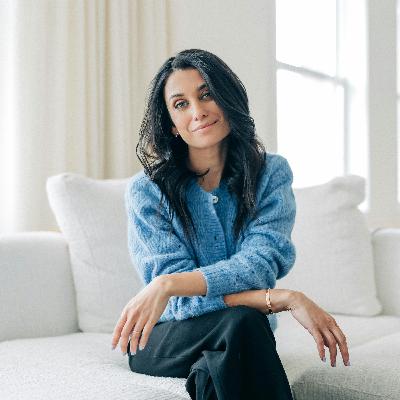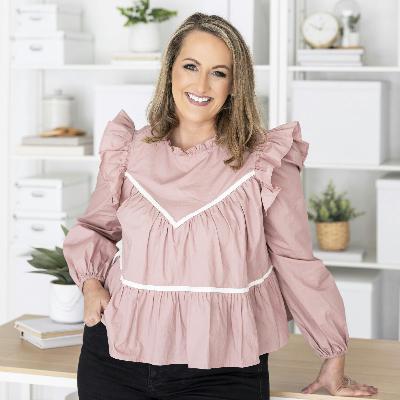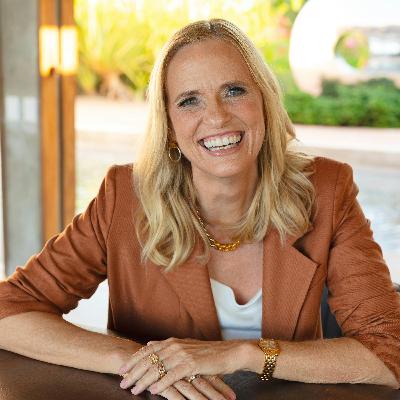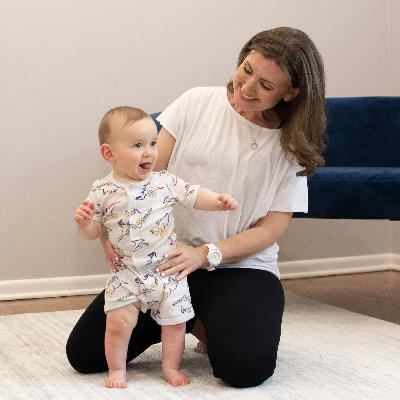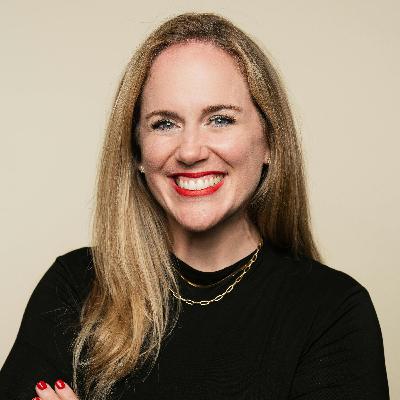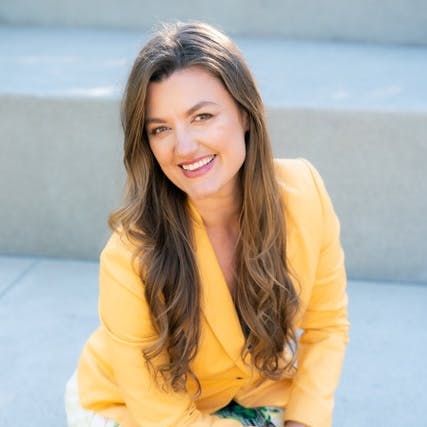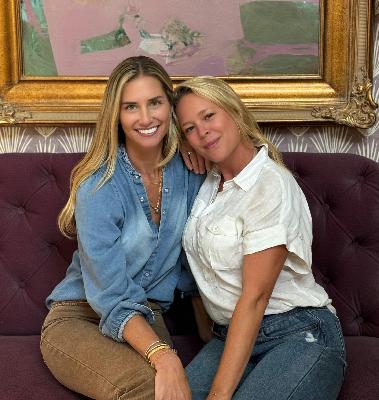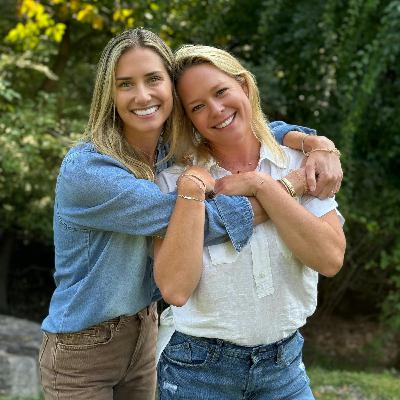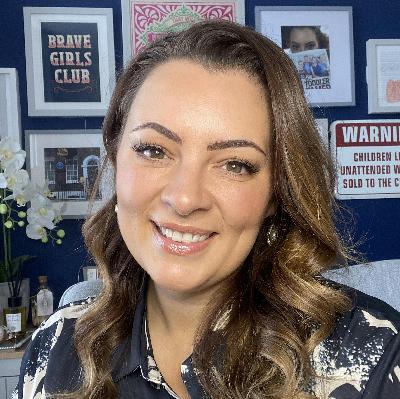
Chick Chat
Author: Nina Spears
Subscribed: 63Played: 1,193Description
Welcome to Chick Chat: The Baby Chick Podcast, your go-to podcast for navigating the crazy, beautiful chaos of pregnancy and motherhood!
We know that pregnancy and motherhood are no joke. While they are miraculous and wonderful, they can also be overwhelming and exhausting. Our baby expert and host, Nina Spears - The Baby Chick, knows this all too well as an experienced baby planner, doula, childbirth and newborn care educator, and mother. On this show, she has real conversations that celebrate the joys, challenges, and everyday triumphs of growing and raising tiny humans while exposing the truths that moms really want to know. From pregnancy tips to parenting hacks, our experts and real-life parents share stories, advice, tips, and laughter to guide you through the thrilling and wild adventure of raising your family.
By tuning in to Chick Chat, expect candid discussions on everything from morning sickness and sleepless nights to first steps and parenting styles. You’ll hear expert insights on topics like pregnancy, childbirth, postpartum, breastfeeding, formula-feeding, toddler tantrums, baby sleep, potty training, childproofing, self-care for parents, and so much more. Each episode is crafted with love and warmth, creating a village where mothers can find support, knowledge, and a community that understands the complex magic of motherhood. We understand the unique challenges that mothers face, and we’re here to empower moms with knowledge, support, and inspiration along the way!
Whether you're a seasoned parent or awaiting the arrival of your little one, Chick Chat is here with the latest parenting trends, timeless advice, and genuine conversations that make you feel right at home. So, take a moment to relax, tune in, and let's “chick chat” about the joys and challenges of pregnancy, birth, and motherhood. Subscribe now to ensure you don't miss a single show; visit our website, baby-chick.com, for show notes, and connect with us on Instagram @thebabychickchat to continue the conversation together. Come be part of our growing community of moms supporting moms. Because in the world of motherhood, you deserve the village you’ve always dreamed of!






